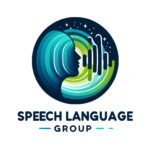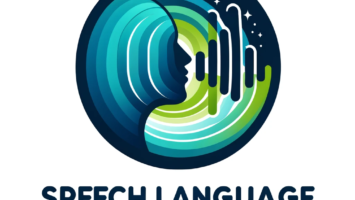ANR Eva project (Cornet)
EValuating gender policies in academia through the Analysis of scientific collaboration networks The ANR EVA project is dedicated to addressing gender disparities within the realm of academia and research. Focused on the fields of computer science, political science, economics, and sociology, which align with our consortium’s research areas, EVA conducts an analysis of gender dynamics within the geographical scope of France and the broader European space. This project aims to contribute to the ongoing efforts to promote gender equality in the scientific community by objectively assessing the impact and effectiveness of gender-related policies and best practices on scientific publication activity. To bridge the gap between existing research on gender dynamics in collaboration networks and evolving policy landscapes, EVA adopts an interdisciplinary approach, bringing together researchers from political science and network analysis. This collaborative initiative produces a shared bibliometric dataset and maps gender policies and recommendations implemented by political institutions and the scientific community within the same specific temporal, disciplinary, and geographical context. This establishes a direct link between gender dynamics and policy initiatives. Methodologically, the EVA project introduces methods for anomaly detection and correction within co-authorship networks, enhancing the quality and accuracy of network analysis. It adheres to open science principles by Plus d'infos




